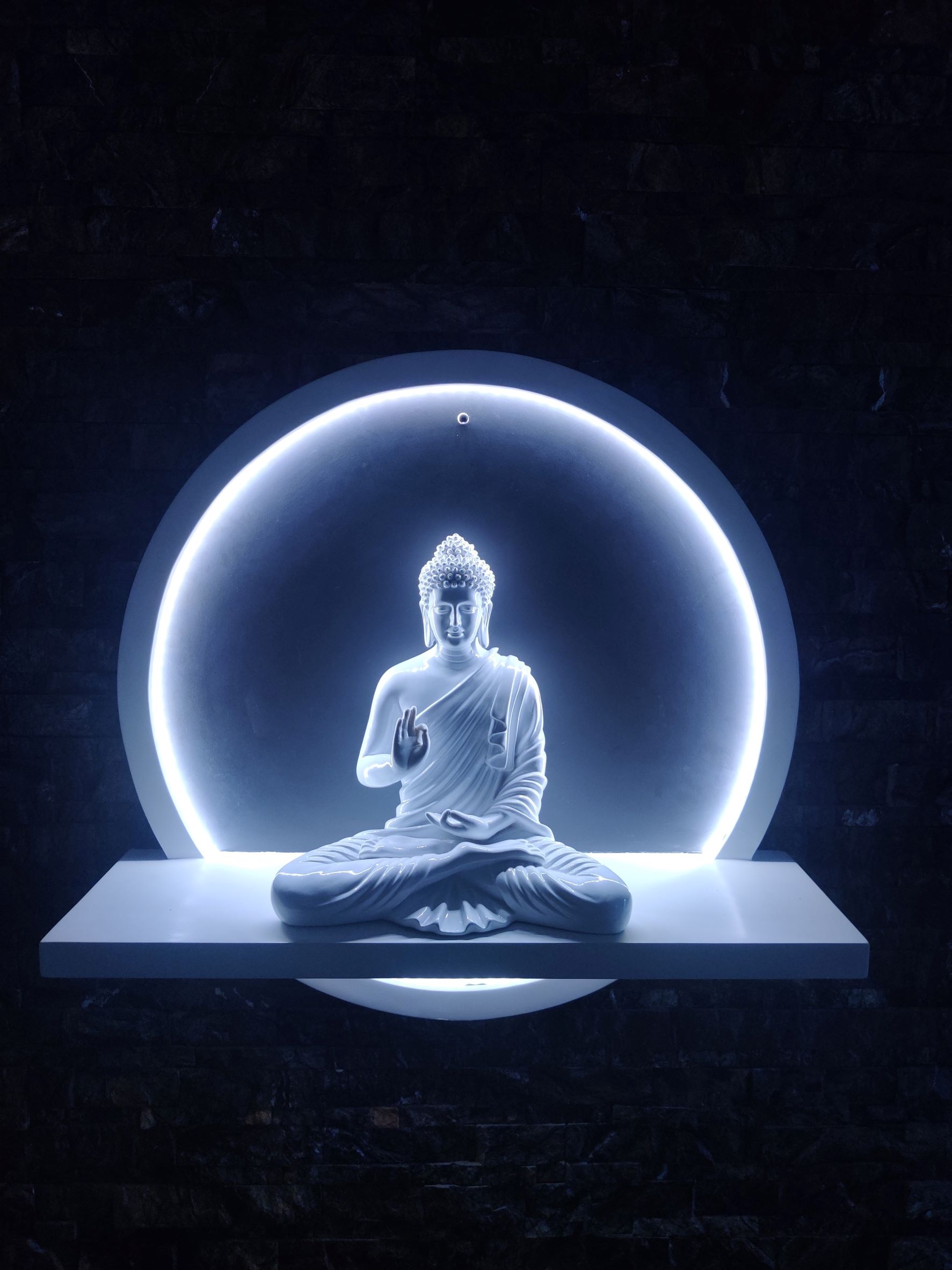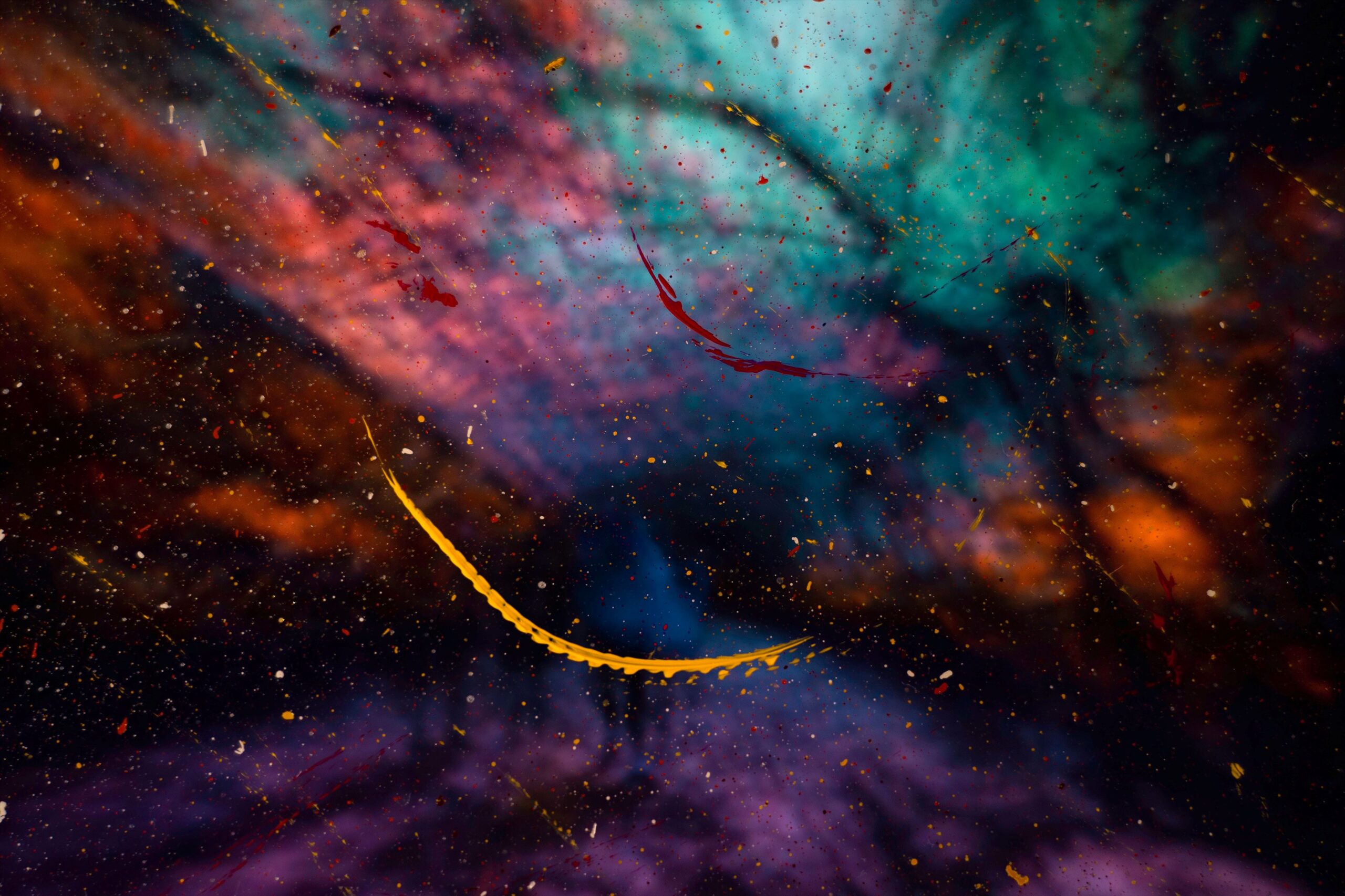
Who Am I? Part Two
In my last article entitled, Who Am I? (Here is a link: Who Am I) I explored the various mental and emotional states I go through, wondering if any one of them could tell me who I am. But I know that my Self is not in any of these transitory states, so there is a paradox: the “me” that I am looking for, is the “me” that is doing the looking. I want to expand on that in this article.
I know some of you may get this right off, but others may not, so let me explain a bit.
Who Am I? Exercise
When I was teaching philosophy, we covered a section entitled: Who Am I? To help students get a handle on this topic, I did this exercise to clarify.
I asked them to take out a piece of paper and write down who they are. In other words, how would they define themselves? What characterizes them? I told them to list whatever came to mind.
After giving them five minutes or so to do this, I asked them what they came up with. I got all kinds of answers like I am kind, considerate, smart, aggressive, honest, direct, friendly, impatient, dishonest, loyal, easy to anger, emotional, thoughtful and so on.
I also got answers that were related to their positions in society and their beliefs, like I’m a student, a son, daughter, mother, father, brother, sister, niece, nephew, uncle, aunt, a Christian, a Jew, a Muslim, an atheist, a conservative, a liberal, and on it went.
Finally, after we went through all this, I asked them how they came up with their answers?
Turning Myself Into An Object of Study
They said they looked at their lives and what other people had told them and drew up their list. I then told them that in order to do that, they had to turn themselves into an object of study.
In other words, what they did was to divide themselves into a subject and an object, meaning they only told me who the “object them” was, but what about the “subject them”? What about the one who was doing the looking, the studying, and the analyzing? Who is that, I asked them.
They responded, “me”. I said who is me? and they responded something like “me” is “me”. Me is who I am. After going around in circles with this for a bit, I said you just told me the “object you” was all these things, but that couldn’t apply to the “subject you” because that entity is not a part of the “object you”, so the question remains, who is the “subject you”?
Dividing Myself Into a Subject and an Object
In other words, who or what is doing the looking, the evaluating and the analyzing of who you are, and isn’t that also a part of who you are?
They were stumped. I told them the “object you” you described, was your ego. It is something we create, mostly unconsciously, but it isn’t the real you because it is always changing. They could say they were happy, but are they always happy? Aren’t they sometimes sad, and when they are, does that mean they aren’t themselves anymore, and if they aren’t, then who are they?
I told them the “subject you” can’t be defined because you can’t observe it as you can the “object you”. If you try to analyze it you have to make it an object, but then you have to ask, who is the subject doing the analyzing? If you try to analyze that, then you have to again ask the same question.
You Can’t Analyze the Subject
The subject you can’t be analyzed, can’t be put under a microscope and probed because it is always the one doing the probing.
The “subject you” can only be experienced. You can only feel into it, and the more you meditate on the “subject you”, the deeper your experience goes.
I told them the “object you” is transitory and when you die, all that stuff you just identified with, and thought was you, will disappear. You don’t get to take it with you. But the “subject you”; that is the “you” that remains when all else goes. That is the you that is eternal. That is the you, you want to identify with.
Who is the Subject-You?
The “subject you” is pure awareness, meaning that is who you really are. Your purpose is now to deepen that awareness. I am told, that if you get deep enough, you can attain enlightenment where that deep connection and awareness doesn’t get lost.
I am told that maybe some negative thoughts or emotional states can still arise, but the enlightened person pays them no mind and they quickly pass away. I say I am told this because I, personally, am not at this stage yet. I’m at the stage where I’m just trying to cultivate a deeper experience of this all-encompassing awareness that I am.
Unfortunately, the world still has its hold on me, and can pull me down. But just knowing, even intellectually, that these states are not permanent helps me weather the emotional storms, and sooner than I know, I’m back to experiencing more connected states of being.
The Subject-You is Beyond Definition
Another way to look at this is through meditation. As we meditate we can say, I have a body, but I’m not my body. I have thoughts, but I’m not my thoughts, I have emotions and feelings, but I’m not my emotions and feelings, and so on. The Sanskrit expression Hindus use for this, is “Neti”, “Neti”, which means, “not that”, “not that”.
In other words, since your true self, as we just showed, is beyond definition, we can never say precisely who we are; we can only say, who or what we aren’t. So, I’m not my body, my thoughts, my emotions, my feelings, or anything else you might think of. You are not any of that. You are beyond all that.
Then you ask, if I’m not all those things, then what or who am I? And the answer is you are the silent awareness that stands behind all those things. You are the witness that observes it all without judgement. That is who you are.
We Need A Conversion
For some, this may be hard to grasp. If you are interested, the journey starts with a “conversion”, a word that literally means “to turn around”. You have to turn your gaze around from focusing primarily on the outer world, to focusing more on your inner world.
If you haven’t done this before, get ready for a wild ride because emotions and their accompanying thoughts can take you this way and that way. That is why you need to get this deeper sense of yourself, so you can ride out the storm.
It’s a process. That’s why in eastern religions, we have numerous lives in which to accomplish this. But dare I say we are blessed nowadays with unbelievable turmoil in our world and in our personal lives. It can be a dangerous time in that regard, but it can also be a great opportunity for growth. It forces us to go deeper.
In These Tumultuous Times, Discovering Who I am is Imperative
If we are serious enough, we can attain that enlightenment in one life time. The chaos of the surrounding world can be a catalyst for deepening our experience of our Self. It can give us an anchor to steady us as things around us fall apart. We can reach a state where we observe it all and our reactions to it, just like we are watching a movie. We are in it, but not of it. We don’t run from it, but we also don’t get sucked into its insanity.
At any time, but especially in these tumultuous times, there is no more important journey you can take than the journey to discover who you are.
To learn more about the magic of the universe: Click this link: The Magical Universe.
Photo by amit kumar on Unsplash




